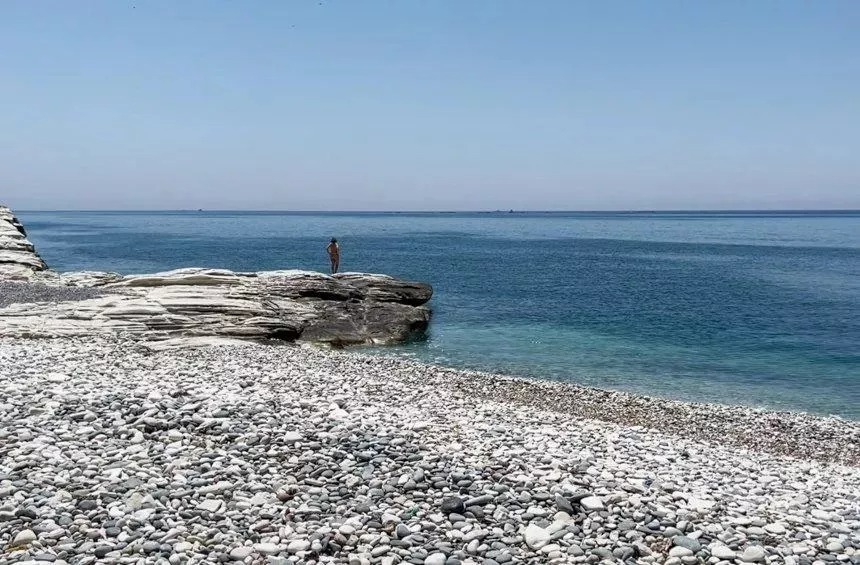The Audit Office has requested that the Fisheries and Marine Research Department and the Department of the Environment commission a revised site allocation study for proposed marine farm facilities in the Moni-Vassiliko area.
The request follows updated scientific data highlighting the area’s significance for the Mediterranean monk seal (Monachus monachus).
Plans to develop marine and onshore facilities for aquaculture farmers in the environmentally sensitive area between Agios Georgios Alamanos and Akrotiri Dolos are facing scrutiny.
The Department of Public Works issued a tender for the project on March 1, 2024, with an estimated value of €34 million (excluding VAT).
The Audit Office commissioned a special report by an environmental management expert. The report recommends the Fisheries Department, the relevant authority, expedite the update of the National Action Plan for Monk Seal Conservation (completed in 2011) and ensure public access to relevant assessments and references.
The Audit Office reiterated that the competent authorities failed to fully comply with Article 6.3 of the Habitats Directive and potentially other provisions of the Nature Directives. This comes despite significant investment in various studies (site allocation, environmental impact assessment) and departmental work. However, key concerns regarding the development of collective aquaculture facilities and the protection of the Mediterranean monk seal remain unaddressed.
Furthermore, the Audit Office warns of the significance of delays in project implementation due to weaknesses and shortcomings in environmental assessments, which risk Cyprus losing the relevant funding, including a loan from the Recovery and Resilience Plan.
The audit identified that the Fisheries and Environment Departments’ references to alternative locations considered in the 2014 Site Allocation Study lacked detail. While the study assessed the environmental impact of alternative solutions, it focused on Posidonia meadows (habitat type 1120) and did not consider the Mediterranean monk seal as the area’s significance for this species wasn’t established then. The Audit Office recommends a revised study to address this gap.
The Audit Office further criticised the Department of Environment’s pre-screening report for the Environmental Impact Assessment (EIA).
The report, according to the Audit Office, fails to adequately consider existing scientific data on the importance of the area for the Mediterranean monk seal and its habitat. This raises concerns about the report’s completeness and the decision not to conduct a full EIA. The Audit Office recommends revising or supplementing the pre-screening report with documented scientific evidence on potential impacts (direct, indirect, cumulative) and their significance. This would clarify the need for a full EIA process.
The differing positions of the Department of the Environment and the Fisheries Department, on the one hand, and the NGO on the other, regarding the marine boundaries of the pNIR are supported by relevant scientific studies, some of which have contradictory conclusions, mainly concerning the number of suitable sea caves for the Mediterranean monk seal. Specifically, the two government departments propose an approach based on the breeding, reproduction, and resting sites of the priority species, while the NGO’s approach is broader and includes feeding grounds.
Additionally, the Audit Office recommends that the two departments (Fisheries and Environment) present an analysis of the scientific evidence that led to their conclusions, particularly regarding the claim of the insignificance of the second cave for the priority species and the area’s overall insignificance as a feeding ground for the species.
The proposed project aims to serve seven of the nine existing marine aquaculture farms currently operating in Cyprus, providing a solution to the lack of adequate and suitable support infrastructure for this activity.
The port facilities will be able to serve/berth at least 35 vessels simultaneously, and the project design includes a slipway, eight warehouses, an office for the Fisheries Department, a guard room, and areas for cage maintenance, waste management, parking, and fuel storage.






